Development organisations influence public opinion about societies in the Global South with their communication. Wide-reaching fundraising campaigns convey emotions that are intended to convince donors. They shape perceptions of injustice and poverty on the African continent, in Latin America and Asia.
„The world has changed and communication has changed with it. It’s not the same as it was 30 years ago. We have to learn to communicate the international cooperation of today. With Agenda 2030, we now speak a common language internationally,“ says Patrizia Danzi, SDC director since 2020. The anonymous pictures of emaciated children have disappeared from the mailings and websites of most development organisations in recent years. But has the way they talk about the Global South actually changed as well?
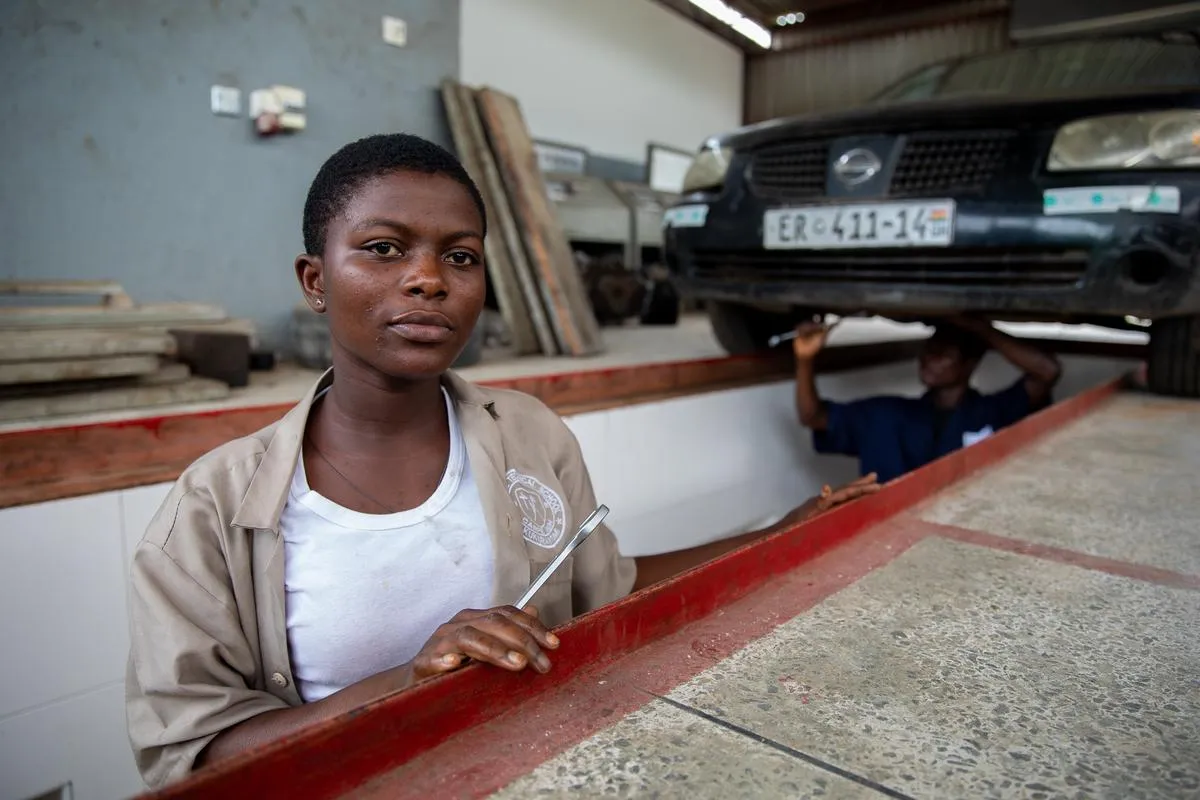
Photo: Nipah Dennis / Arthur Waser Foundation / Fairpicture
Climate change, the pandemic, and a new political order present huge challenges to "the world.“ That this "world“ is suddenly (and finally …) the whole globe makes things complex. Only if we understand the global inter-relationships can we, as a global society, design smart and positive action plans for the problems at hand. Visual stories, photographs and videos help us reduce complexity and make reality "understandable.“
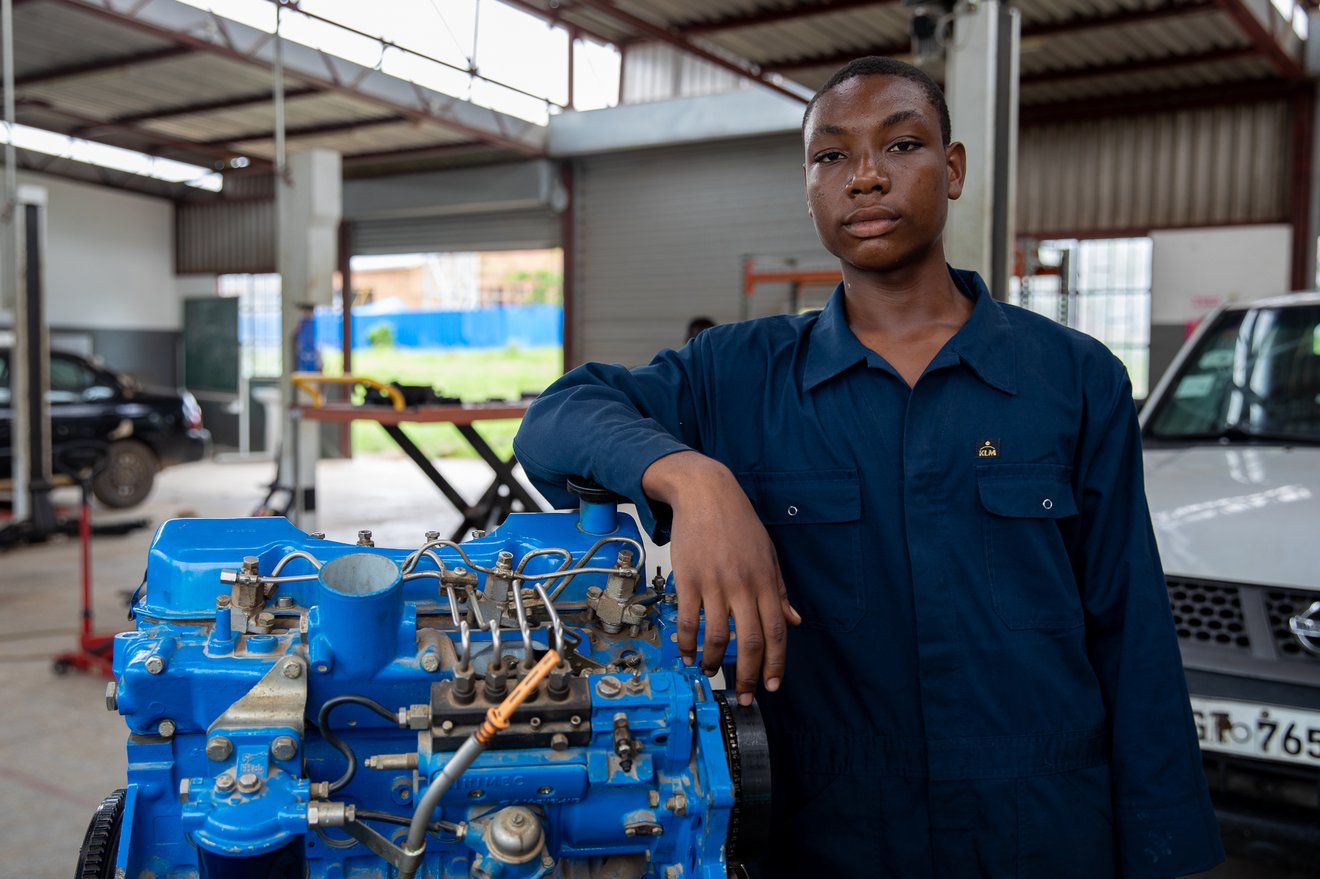
Solar technology training in secondary technical schools in Ghana. Desmond Aryee, 17, a first-year student, poses for a photo in the automotive workshop at St. Paul Technical School in Kukurantumi in the Eastern Region of Ghana on Sept. 14, 2021.
Photo: Nipah Dennis / Arthur Waser Foundation / Fairpicture
Images, however, are deceptive helpers. Since colonial times, for example, Western photography has developed a „visual regime“ of stereotypes that continues to inhibit the development of countries in the Global South to this day: poor, dependent, unable to act, corrupt. The fixation of entire continents and their people in such images is discriminatory. To hold people captive in the role of grateful aid recipients is degrading. And beyond that, such stereotypes simply deny the people in the Global South the willingness and ability to constructively contribute to the solution of the problems at hand. This is unacceptable.
Jörg Arnold, Co-founder Fairpicture
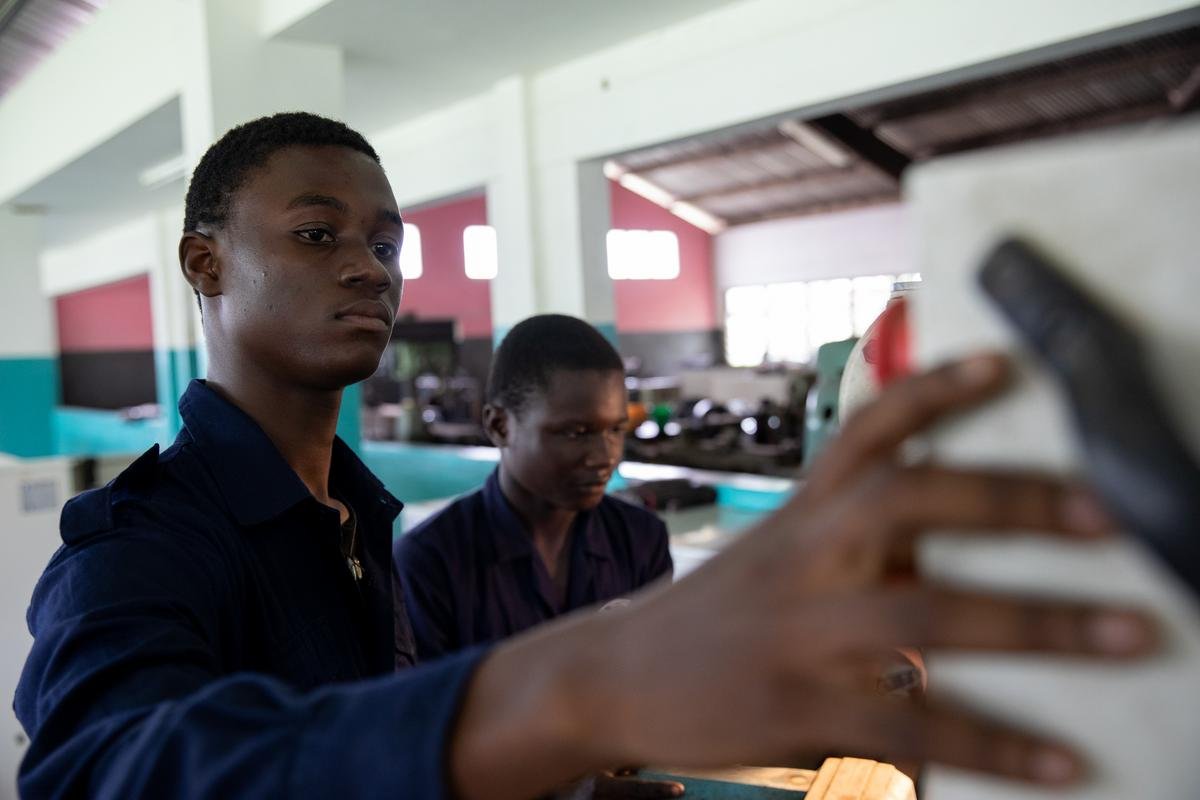
Photo: Nipah Dennis / Arthur Waser Foundation / Fairpicture
Together with a growing network of local visual creators from all parts of Africa, Latin America and Asia, Fairpicture wants to help change this. The image that prevails in Western countries of people in the Global South should become a different one. We want to produce other images. Not for exhibitions, but for wide-reaching publications of aid organisations, companies and international organisations.
Local photographers and video producers should gain ownership and implement their view of reality in their countries in their own storytelling. With their local, cultural and linguistic knowledge, they can create authentic visual stories with their cameras. Images should be created and published that break stereotypes and express possibilities instead of lack. The people in the Global South should no longer be degraded to aid recipients, but should appear as competent partners when it comes to solving the problems of our shared globe.
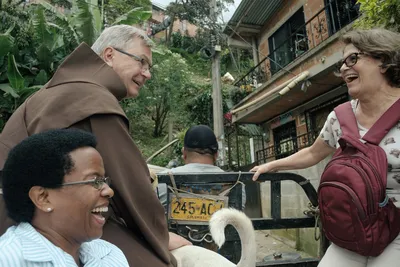
November 2022 - Anne Nwakalor
Many photographers overlook power dynamics when capturing individuals, failing to ensure ethical and respectful storytelling. Learn how to create fair and meaningful visual narratives.
Learn more about Power Dynamics Within Photography
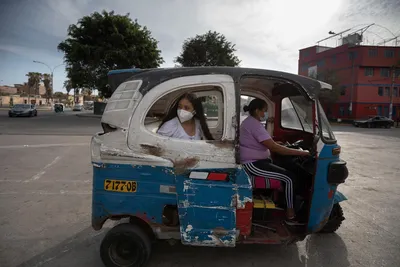
July 2022 - Aurel Vogel
Building an impact startup like Fairpicture has many similarities with working on an engine. Let’s have a look at the Fairpicture engine and see what has happened since our last update in December 2021.
Learn more about Update #9: Building an impact engine
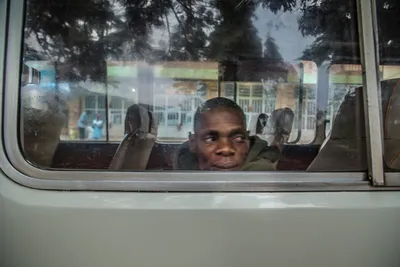
January 2022 - Fabrice Mbonankira
What makes a good visual story? In his blog, Fairpicture photographer Fabrice Mbonankira places great emphasis on the socio-political dimension of storytelling.
Learn more about The life of a story